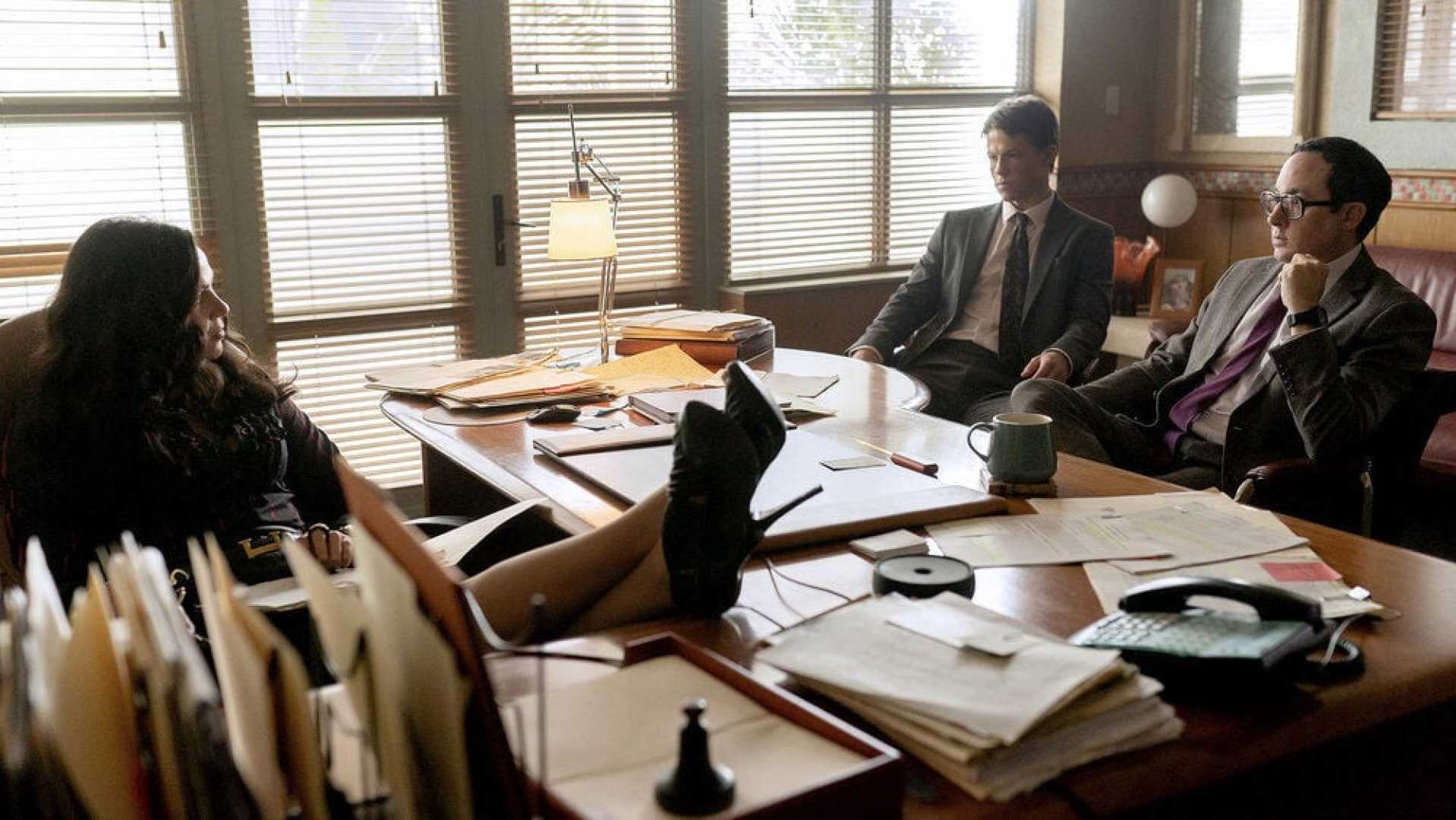Entertainment
USA Network’s ‘The Rainmaker’ Moves Production from SC to Ireland

Charleston, South Carolina — USA Network’s newest series, “The Rainmaker,” recently filmed its first episode in Ireland, after initially considering South Carolina as its primary location. The legal drama follows Rudy Baylor, a fresh law school graduate, as he battles a corrupt insurance company.
Filming in Ireland allowed production to leverage Dublin’s urban landscape, which can resemble Charleston’s architecture for a reduced cost. Duane Parrish, director of South Carolina’s Department of Parks, Recreation and Tourism, confirmed the shift in plans, noting that production executives had previously shown interest in capturing the Lowcountry’s uniqueness before ultimately deciding on Ireland.
“I was excited when they reached out, but it was disappointing to hear they chose to film overseas. It’s a wake-up call for us,” said Parrish, reflecting on the reliance on South Carolina incentives.
Despite filming only brief additional footage in Charleston earlier this year, the decision to move production highlights a trend of major studios seeking cost-effective options abroad, particularly as expenses in Georgia’s film industry have begun to drop.
Major studios like Disney and Amazon have migrated their productions to the United Kingdom, where filming incentives and reduced labor costs are prevalent. For “The Rainmaker,” an aggressive incentive package in Ireland includes a 40 percent cash rebate for hiring locals.
Matt Storm, the S.C. Film Commission’s office manager, acknowledged the competitive landscape, stating, “Everyone is going to the U.K. and Europe to save money.” He is hopeful South Carolina can adapt its film incentives to retain local talent.
The recent pivot toward mid-tier productions in South Carolina includes a newly launched incentive program aimed at projects with budgets between $250,000 and $999,999. Storm hopes that attracting smaller productions could create consistent job opportunities for local crew members.
Parrish noted the success of programs like Screen Ireland’s, suggesting that South Carolina could learn from such initiatives to boost its own film industry and keep talent in-state. The Local Film Carry Forward program was created with hopes of cultivating local filmmakers and productions by offering additional state rebates.
“We realize at least for the foreseeable future, the landscape has changed,” Parrish concluded. The ongoing discussions and developments indicate that South Carolina will continue to reassess its strategies to remain an attractive filming destination.












